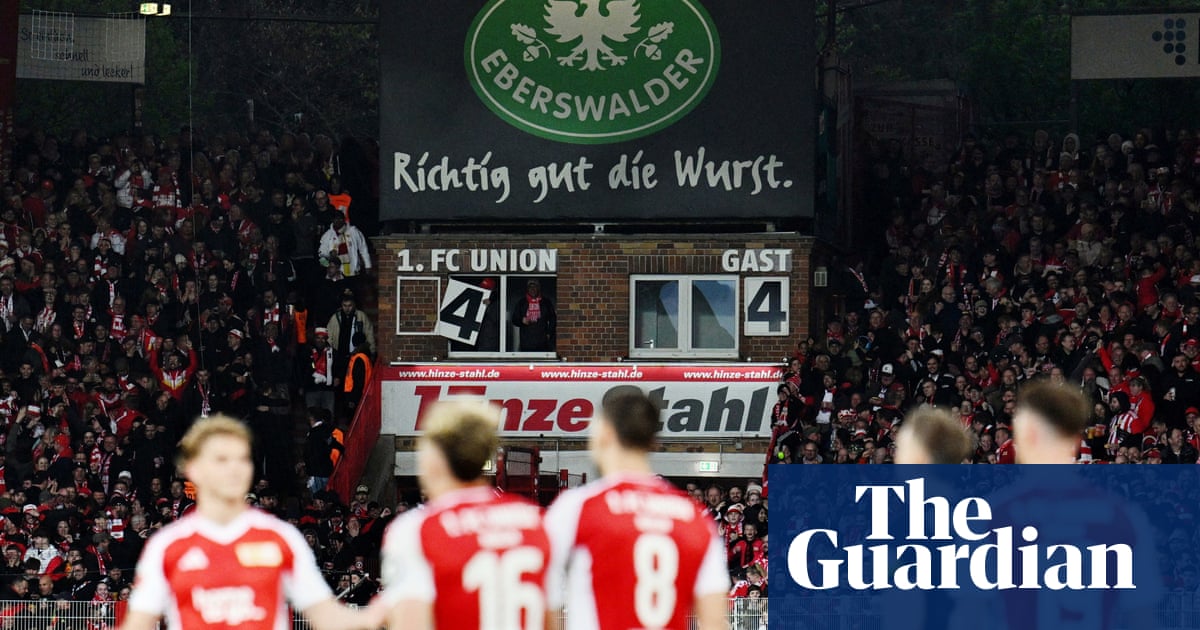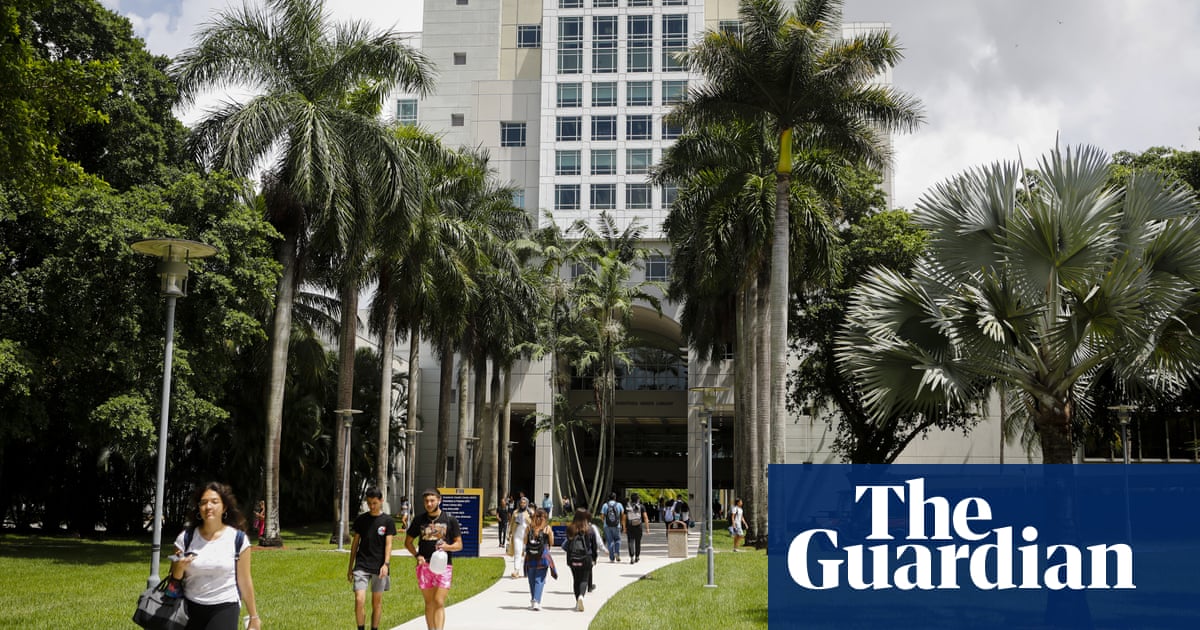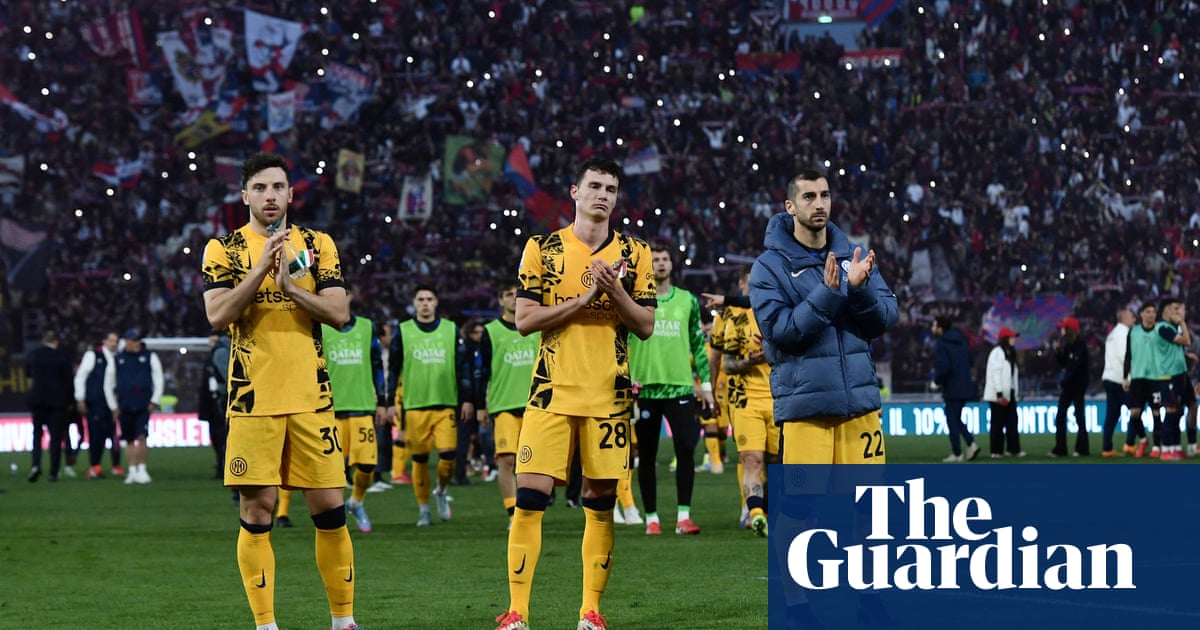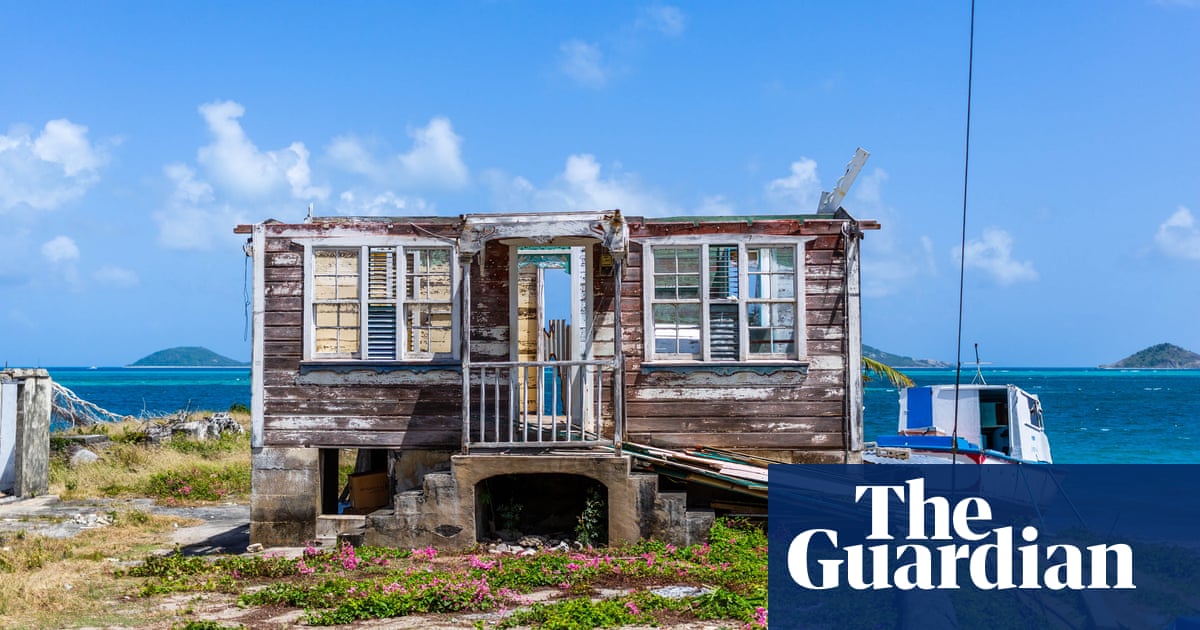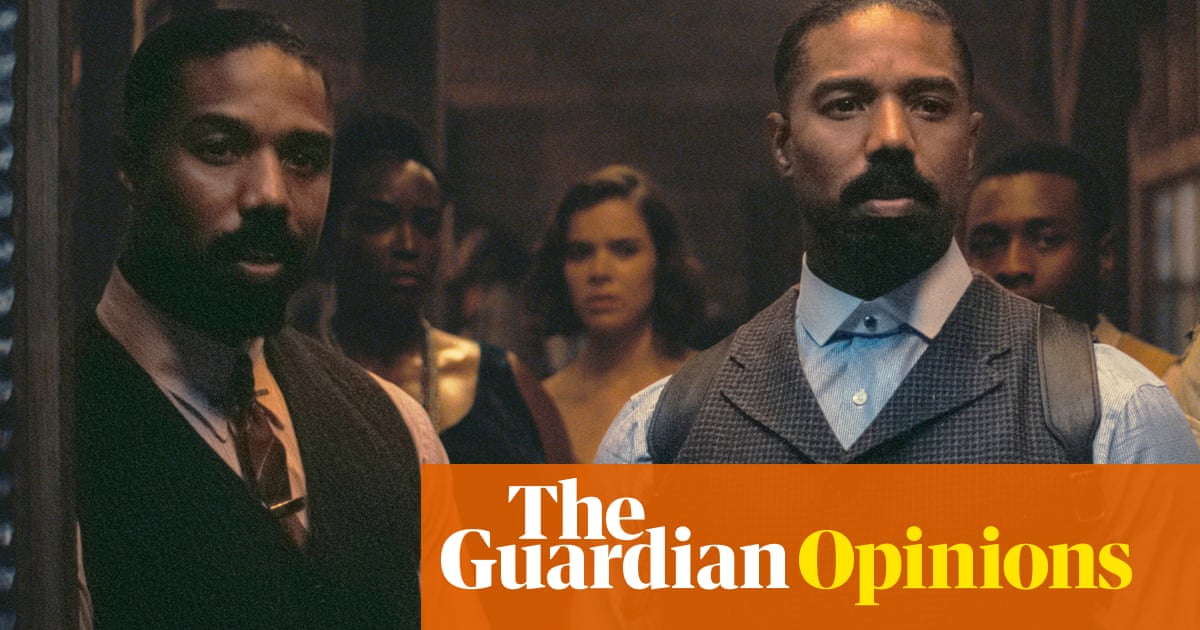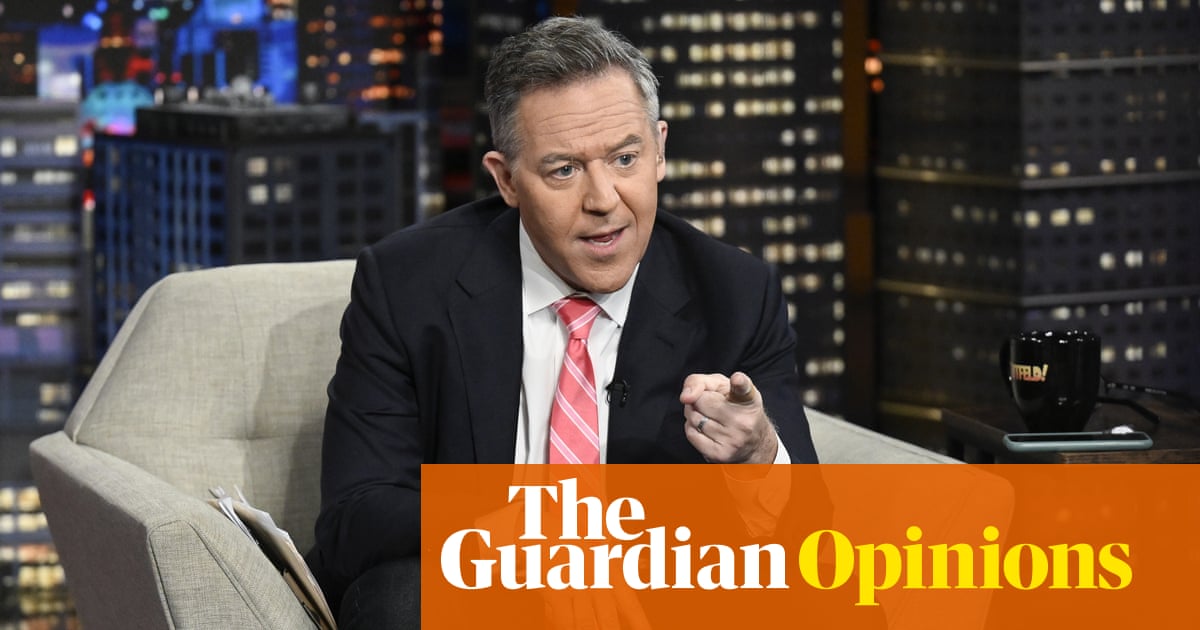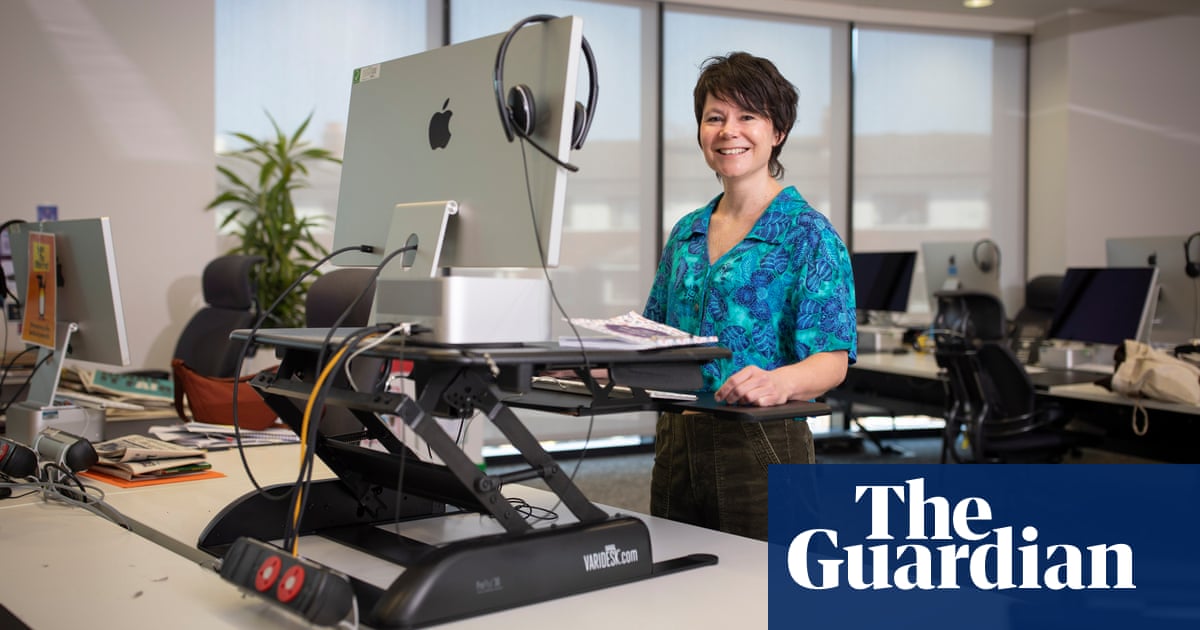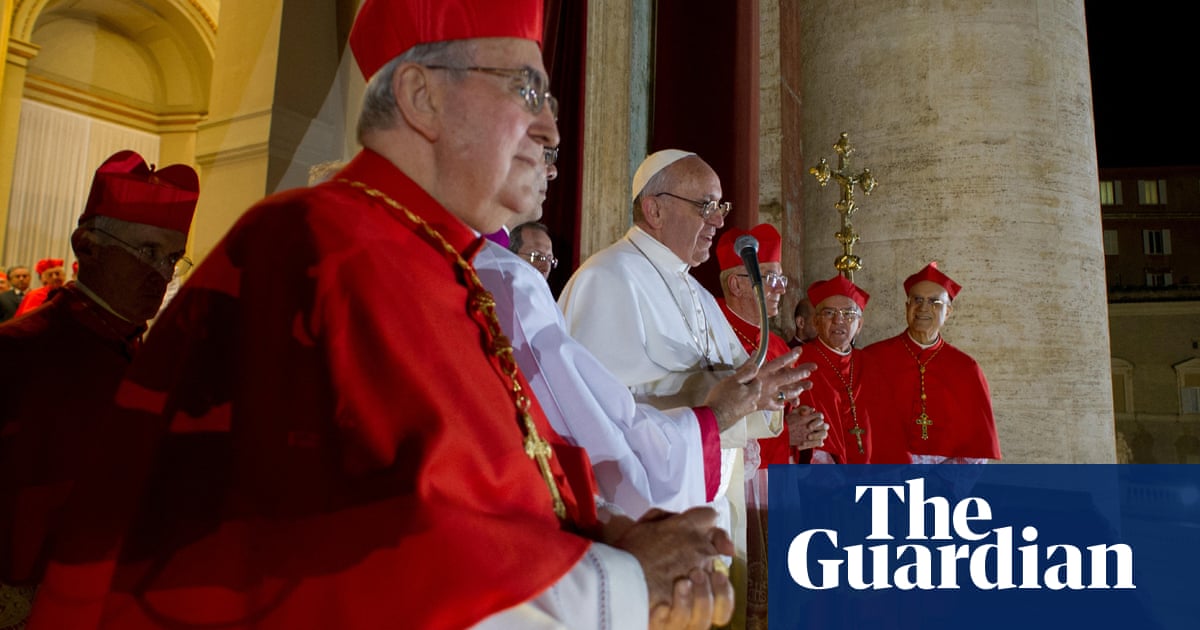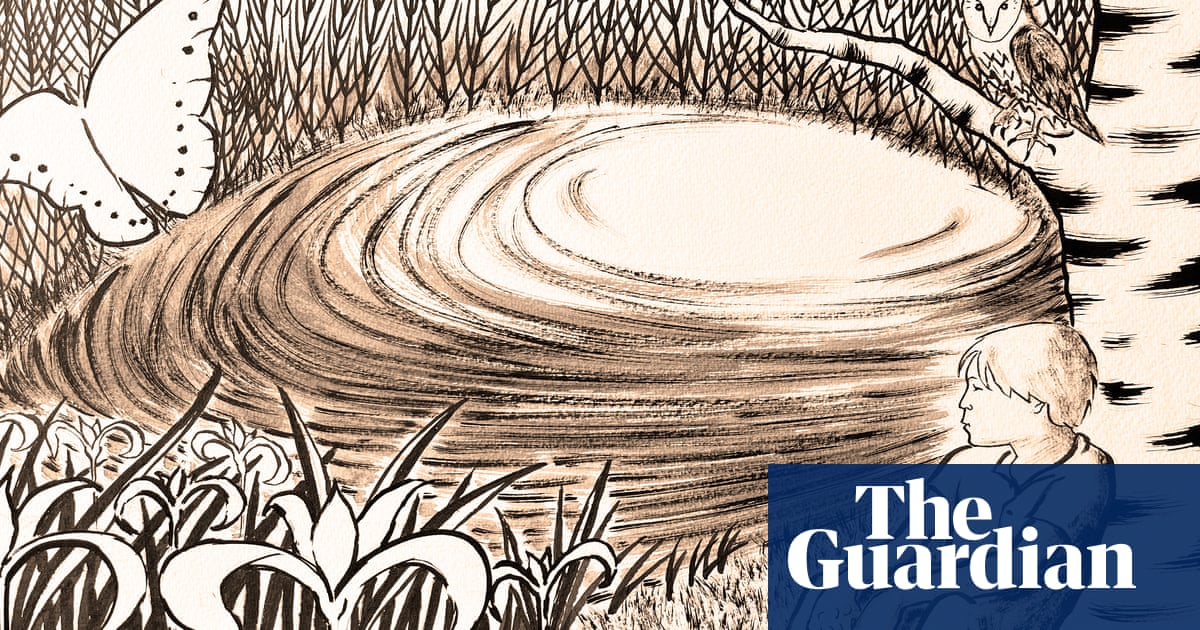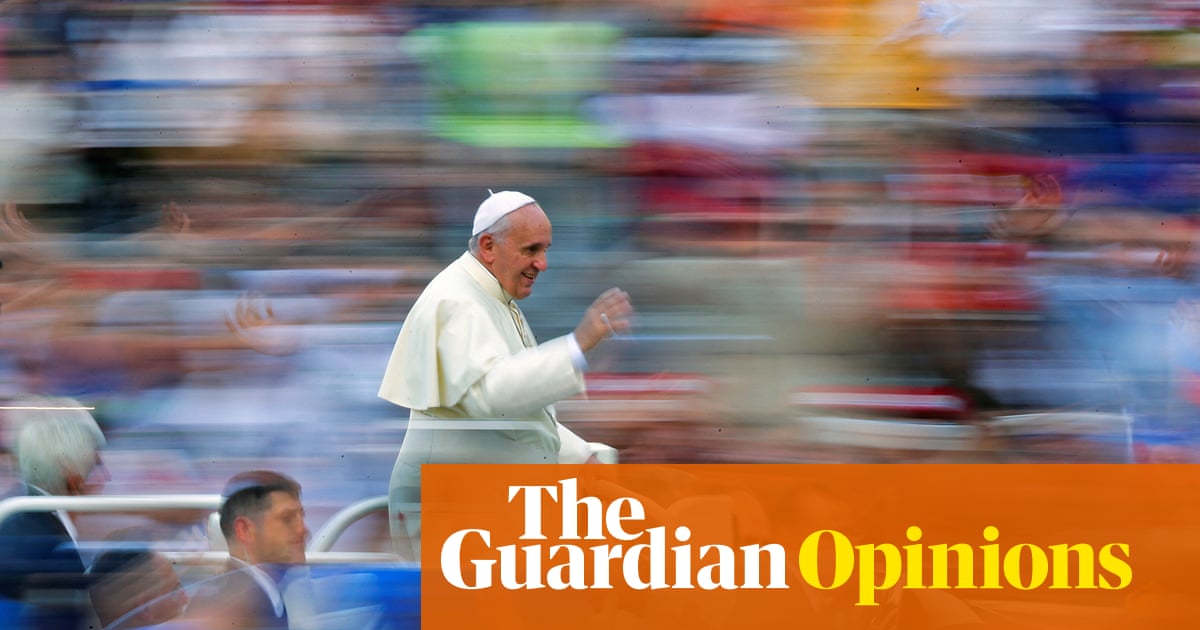For the people of the nine Indigenous communities within the perimeter of the sprawling Cobre Panamá copper mine, travelling into and out of the concession is far from straightforward. An imposing metal gateway staffed by the mining company’s security guards blocks the road. People say the company severely restricts their movement in and out of the zone, letting them through only on certain days.
The mining concession, located 120km (75 miles) west of Panama City, is owned by Canada-based First Quantum Minerals, which operates through its local subsidiary, Minera Panamá. The company’s private security guards, not the national police, patrol the concession. Local residents, mostly subsistence farmers of modest means, say that First Quantum operates as a state within a state.
Their frustrations are all the greater because the mine has been closed for the past year. In November 2023, Panama’s supreme court unanimously ruled that the company’s contract with the government was unconstitutional. Local people question the legal basis for the company to continue to exercise control over their lives.

“The mine lost, but it’s still giving us orders. I had to wait three days to cross,” says resident Alfredo Barrego. “If you’re living in your own home, why do you have to take orders from someone who’s arrived from another country?”
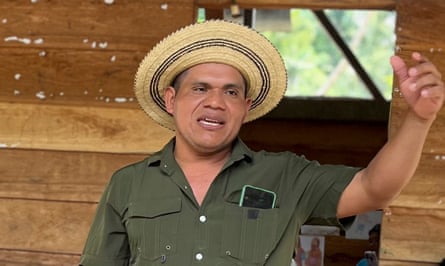
Barrego is speaking at a gathering of Indigenous residents who have trekked through the rainforest-covered mountains to tell their stories in the village of San Benito, just outside the mining concession, where all the women and girls wear traditional brightly coloured cotton dresses with appliqué trimmings.
Minera Panamá says it provides a daily free bus service into and out of the zone. However, this rotates between the various communities, meaning that access is only possible twice a week for any one individual. Outside those two days, they are stuck, causing serious difficulties, they say, for those with urgent needs, such as medical emergencies.
Freedom of movement is only one of the complaints expressed by the roughly 4,000 Ngäbe people who live in the villages nearest the mine workings. They worry about the environmental and health effects that the vast mine could be having on their families. Allegations that the mining company’s security guards have evicted people, burned houses and threatened inhabitants have been voiced in the Panamanian parliament.

Until its closure, the mine had been in production since 2019 and covers 13,600 hectares (33,600 acres), roughly the size of the US city of San Francisco.
Six rivers rise in the territory and local people report unexplained mass deaths of fish and prawns. They also describe a rise in illnesses and deaths since the mine started operations in 2014. Symptoms reported include vomiting, diarrhoea, stomach and kidney complaints, fever and skin lesions.
“Every year, we lose children and we don’t know why,” says Milciades Abrego, who lives in Nueva Lucha, within the mining perimeter.

Abrego’s two-year-old daughter, Miquiela, and his wife, Aleyda Castillo, 19, died within hours of each other in June 2024 in a mysterious outbreak of gastrointestinal illness. Both deteriorated rapidly before their evacuation out of the mining zone could be negotiated.
Eight people from the village suffering similar symptoms, including Abrego’s mother and another daughter, were eventually transferred to a hospital outside the zone by the health ministry.
There is no direct evidence linking any of these health problems with the mine. Researchers from the University of Panama took water and soil samples and tested local children in 2024, but the results have yet to be published.
First Quantum Minerals did not respond to requests for comment.
The national ombudsman, Eduardo Leblanc González, demanded explanations in August 2024 from the government and police for a litany of complaints about restrictions on movement. In September, the police replied that they were unaware of any problems.

The ministry of commerce and industry also responded in September, saying: “Currently access via the road is not restricted for the transit of residents, as long as this access is realised under certain control measures established by the company”, as part of its plan to maintain the shuttered mine.
after newsletter promotion
Panama has the third-highest GDP per capita in Latin America, but it is also one of the highest for income inequality. The villages near the mine, with their simple dirt-floor houses far from mains water and sewerage systems, feel a world away from the skyscrapers of Panama City, where decisions on the mine’s future are made.
Before it was shut down, the $10bn (£8.2bn) mine produced 330,000 tonnes of copper in 2023, along with significant amounts of gold, silver and molybdenum. The operation was estimated to account for about 5% of Panama’s gross domestic product and 75% of its exports, according to industry figures.

Copper is fundamental to the energy transition as a vital component in everything from electric vehicles and renewable energy infrastructure to 5G networks and advanced electronics. Demand is expected to rise dramatically, perhaps doubling by 2035.
This potential bonanza may explain why the previous government of President Laurentino Cortizo had been so keen to conclude a deal to ensure the mine could remain open for another 20 years.
In 2023, the government sought to renegotiate its contract with First Quantum, which allowed the company to pay a low tax rate. The resulting deal guaranteed the government at least $375m a year, which some still considered a bargain for the company.
But fierce protests erupted across the country, involving environmental, labour and Indigenous groups, with small boats blocking the export of mineral ore from Minera Panamá’s dedicated Caribbean port.
In November 2023, the supreme court found that the contract violated 25 articles of Panama’s constitution. The legislature subsequently banned all new mining.

First Quantum is seeking at least $20bn in two arbitration cases, and is demanding the release of a stockpile of copper ore stored onsite, said to be worth more than $240m.
The company’s claims elicit little sympathy from campaigners, who say First Quantum was well aware of the doubts about the contract’s constitutionality when it acquired the concession in 2013, as a case had already been lodged with the supreme court over the issue.
Nevertheless, doubts persist that the constitutional ban on mining may not be the end of the story. In December, another Central American country, El Salvador, reversed its ban on metals mining, a move decried by environmentalists that serves as a reminder prohibitions can be overturned, and of the economic pressures on small countries.

In the Ngäbe-Buglé comarca, or territory, to the west of the Cobre mine, Indigenous residents are concerned that a mountain containing one of the world’s largest known copper reserves could be developed into a huge mine if Panama’s ban on metals mining is overturned. Cerro Colorado has been described as the largest undeveloped mining project in Latin America and exploiting it would have a big impact on nearby communities.
When the supreme court issued its judgment in 2023, campaigners hailed it as Panama decisively turning away from a mining-based future to one of sustainable development. Residents fear that First Quantum’s continued presence in their lives is a sign that the company and the government – now led by President José Raúl Mulino, who took office in July 2024 – have not given up on the possibility of reopening the mine.

 2 months ago
88
2 months ago
88

